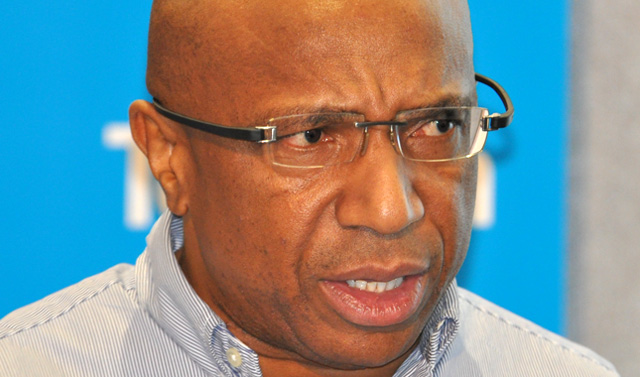
Telkom will merge its enterprise-focused Telkom Business unit into IT group Business Connexion, which it acquired last year for R2,7bn.
The merger will create one go-to-market brand and avoid the creation of parallel organisations and the duplication of resources, said Telkom CEO Sipho Maseko.
The integration will see BCX move from its head office in Midrand to a building alongside Telkom’s campus in Centurion.
The building in question currently houses Telkom’s mobile telecommunications team, which will move onto the company’s main campus.
BCX, which is led by CEO Isaac Mophatlane, currently rents its head office in Midrand, and Telkom would prefer it to move into real estate that is owned by the group.
Maseko said there is some duplication between the companies and by moving quickly to integrate them, it will help limit the period of uncertainty faced by some members of staff.
“Large enterprise customers are looking for one place for all of their solutions. It is important for us to begin to reshape market demand,” Maseko said at the presentation of Telkom’s annual financial results this week.
BCX, Maseko said, will be positioned as Telkom’s “premium end-to-end digital partner”.
He said Telkom Business serves mainly large and medium-sized business customers, employs about 1 500 people and has revenues of between R12bn and R13bn/year. BCX, on the other hand, generates revenues of about R8bn and employs about 7 000 people, he said.
“It made sense to accelerate all of the enterprise [businesses] under one roof to get the right coherent strategy, one accountable person to deliver, and to create a new culture.”
Maseko said he doesn’t expect the integration of the business to lead to wide-scale retrenchments. “It will largely affect people at senior level — we can’t have the [executive committees] from both. But as in the past, where we have excess capacity, we will deal with it in the most sensitive way. It’s not a large overlap.”
Telkom Business is focused mainly on connectivity, while BCX’s focus is on providing IT services, he said.
Maseko said Telkom is creating three divisions, each with its own culture. “The culture of [wholesale arm] Openserve will be different to the consumer division and different to BCX. The core DNA must be the same, but the chaps on one side of the house will be wearing suits, while the consumer guys might have tattoos and ponytails.” — © 2016 NewsCentral Media




